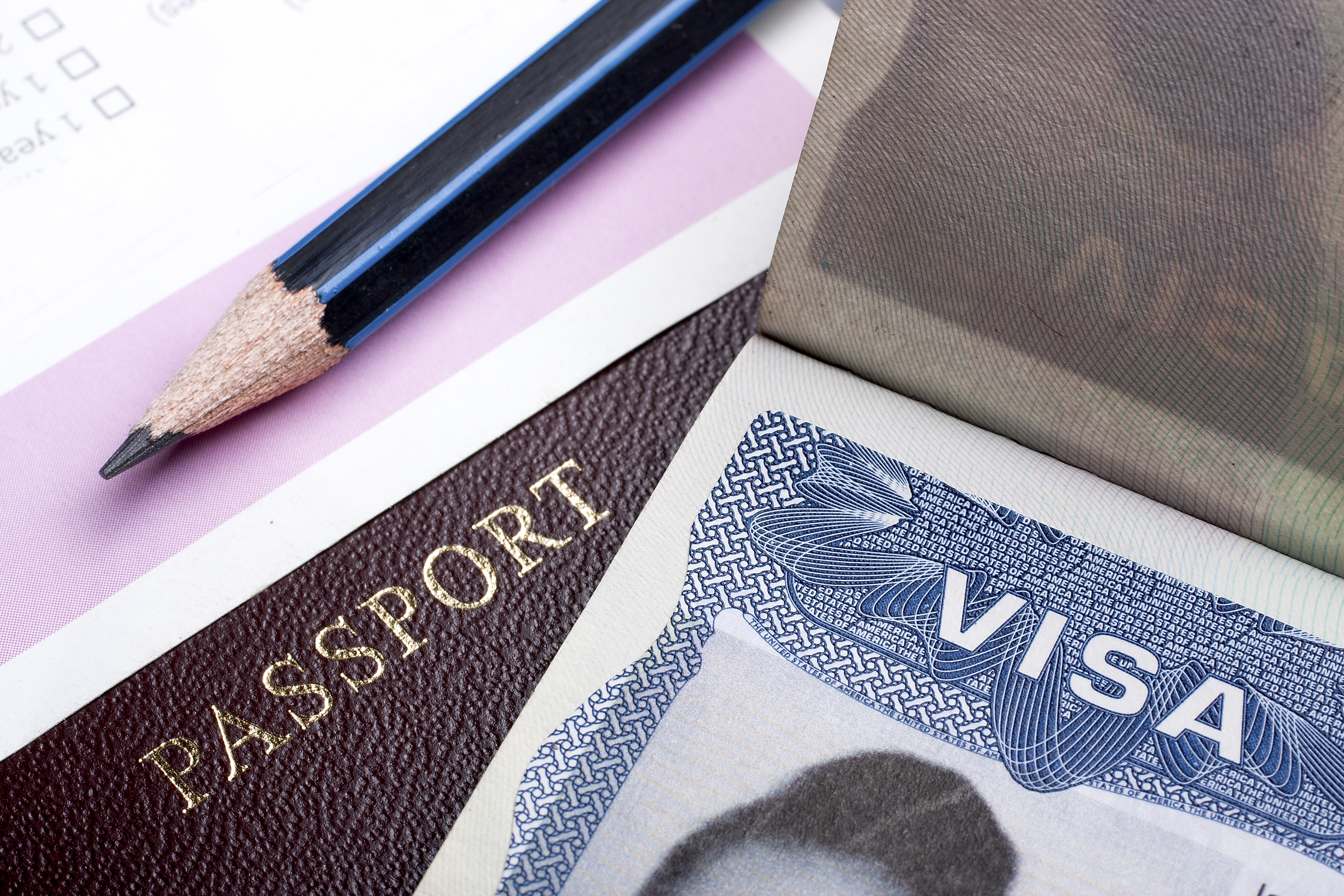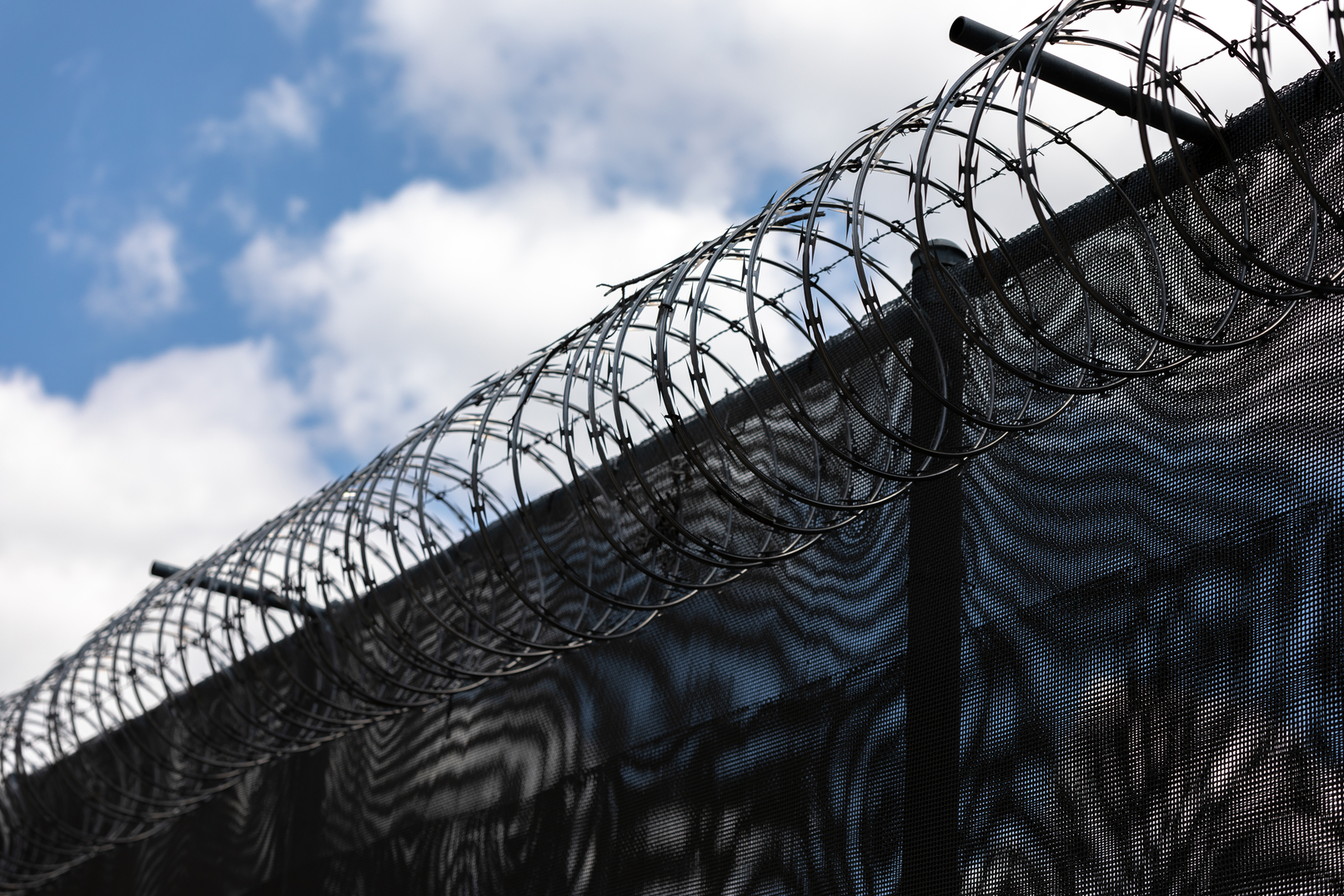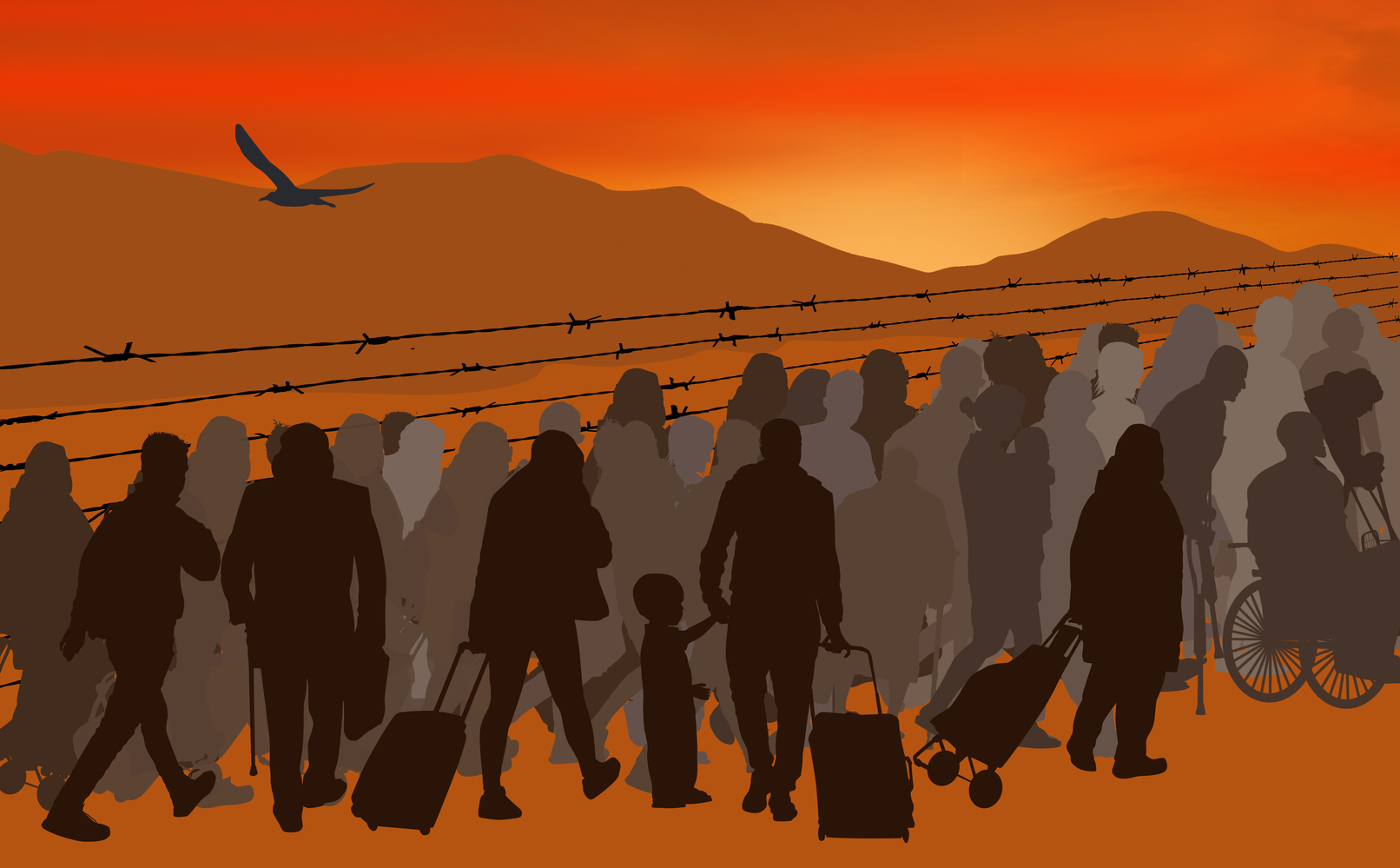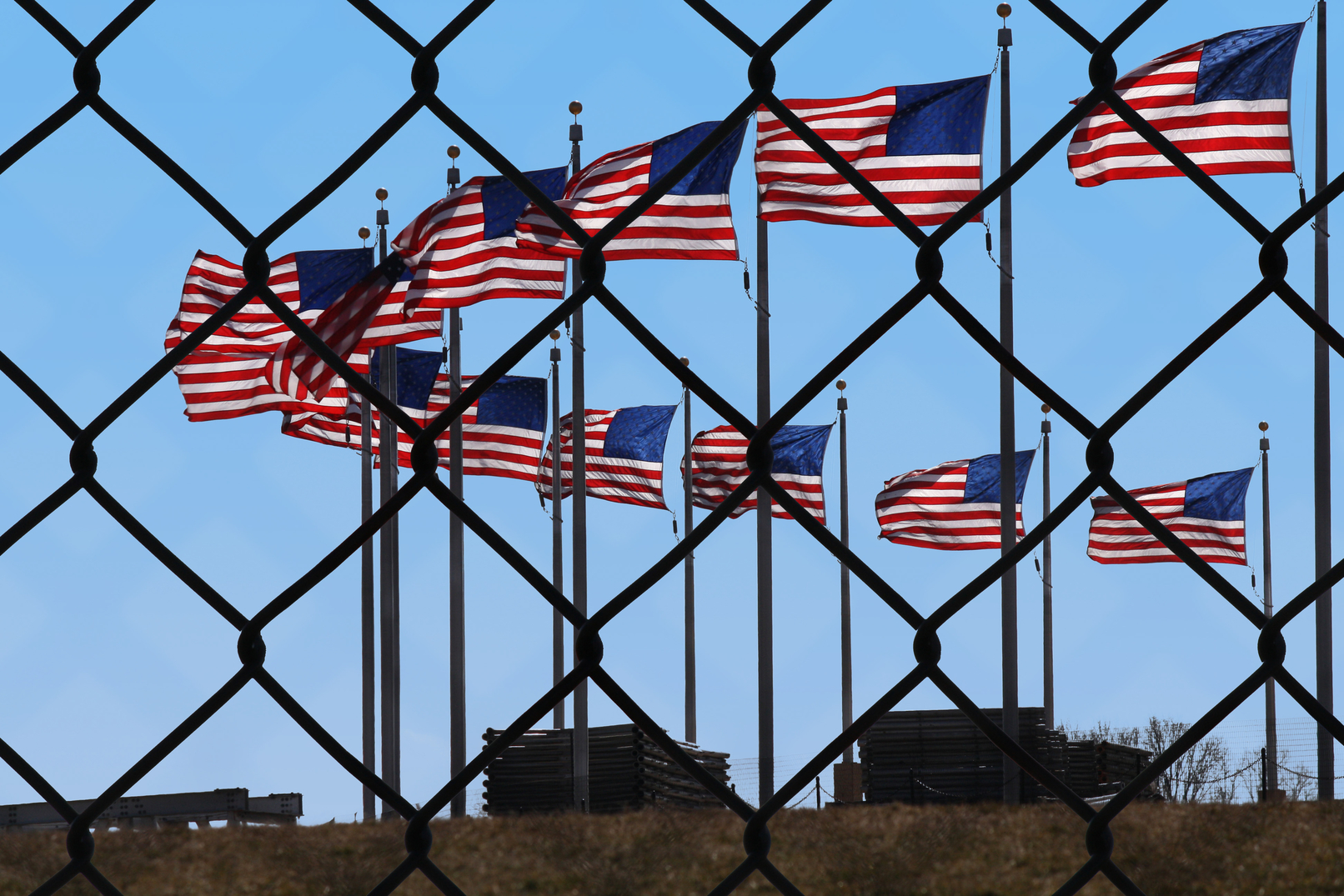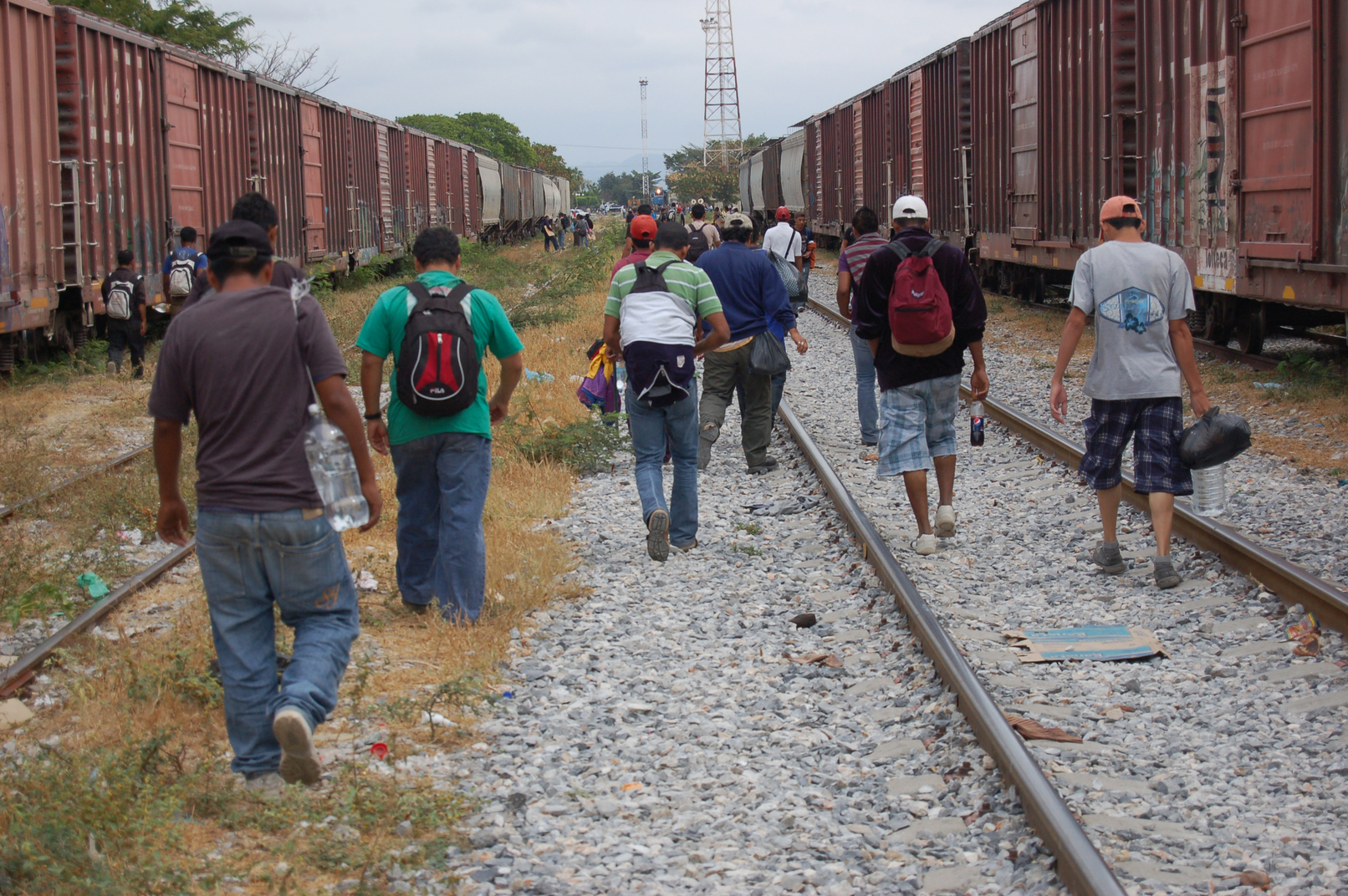A new lawsuit filed on behalf of 12 plaintiffs aims to protect immigrant children from "aging out" of the immigration system when they turn 21 if their parents are H-1B visa holders from India. Dependents of H-1B holders have the ability to remain in dependent H-4 status if their wait for lawful permanent resident status is increased due to per country limits on the number of immigrant visas. However, current per country limits and national origin-specific visa bulletin charts dictate that children from India are subject to decades-long waits, which causes them to lose eligibility to immigrate with their parents when they turn 21.
Articles Posted in Immigration
The proposed Fairness for High-Skilled Immigrants Act would end per-country caps on green cards, a reform endorsed by Apple CEO Tim Cook on Twitter.
Fifteen plaintiffs and two nonprofit organizations have filed a new class action lawsuit seeking improvement of what is reported to be severely inadequate healthcare in Immigration and Customs Enforcement (ICE) detention facilities. Filed by the Southern Poverty Law Center, the Civil Rights Education and Enforcement Center, Disability Rights Advocates, and the law firm of Orrick, Herrington & Sutcliffe, the lawsuit does not seek money damages, but instead requests that ICE closely track these conditions and improve healthcare at its facilities.
On Wednesday, July 24, 2019, the U.S. District Court for the District of Columbia declined to impose a temporary restraining order which would pause the Trump administration's new rule limiting asylum requests from migrants at the U.S.-Mexico border. The new rule requires that migrants and refugees passing through a third country en route to the United States must seek asylum from said third country in order to apply for asylum in the United States. Under the new rule, migrant and refugee Hondurans and Salvadorans must be denied asylum in Guatemala or Mexico before seeking asylum in the United States, and Guatemalans must be denied asylum in Mexico in order to apply for asylum in the United States.
Multiple civil rights groups filed suit today against the Trump administration, challenging its new rule seeking to severely limit the asylum protections that are available under US and international law to migrants at the US-Mexico border. The American Civil Liberties Union, the Southern Poverty Law Center, and the Center for Constitutional Rights filed one of the main legal challenges in California's Northern District Court on behalf of immigrant advocacy groups, alleging that the new rule violates US immigration law as well as administrative law. The lawsuit seeks declaratory relief stating that the interim final rule is invalid and unlawful, as well as preliminary and permanent injunctive relief to block its implementation.
In a new rule that is planned to be effective Tuesday, the Trump administration is seeking to reverse decades of asylum policy by effectively denying protections to most migrants seeking asylum at the southern border of the US. The new policy, which the American Civil Liberties Union plans to promptly challenge in court, would require asylum seekers at the US-Mexico border to prove that they have sought and been denied asylum in a so-called "safe third country" before they can apply for protection in the US.
Using state driver's license databases, agents are scanning through millions of Americans' faces without their knowledge or consent.
The Ninth Circuit Court of Appeals has canceled the deportation of a worker who was arrested and detained in a 2008 immigration enforcement raid on a California factory, ruling that immigration authorities violated federal regulations and the Constitution when they conducted the raid without reasonable suspicion that the approximately 130 people they detained were in the country without authorization.
The U.S. Court of Appeals for the D.C. Circuit found that the administration's policy of blocking abortion services served as an "across-the board ban" on access to the procedure.
The State of California has filed a new lawsuit against the Trump administration, arguing that the Federal Railroad Administration's sudden decision to pull almost $1 billion in funding for a planned high-speed rail connection between San Francisco and Los Angeles was payback for the state's opposition to Trump's plans to construct a wall along the southern border of the US as part of his immigration policy. The state's lawsuit alleges that in the days following certain criticisms made by California Governor Gavin Newsom of Trump's border wall plans, Trump made a series of Tweets criticizing the state's position on his immigration policies as well as its handling of the rail project, demonstrating the link between the funding cancellation and the border wall dispute.

